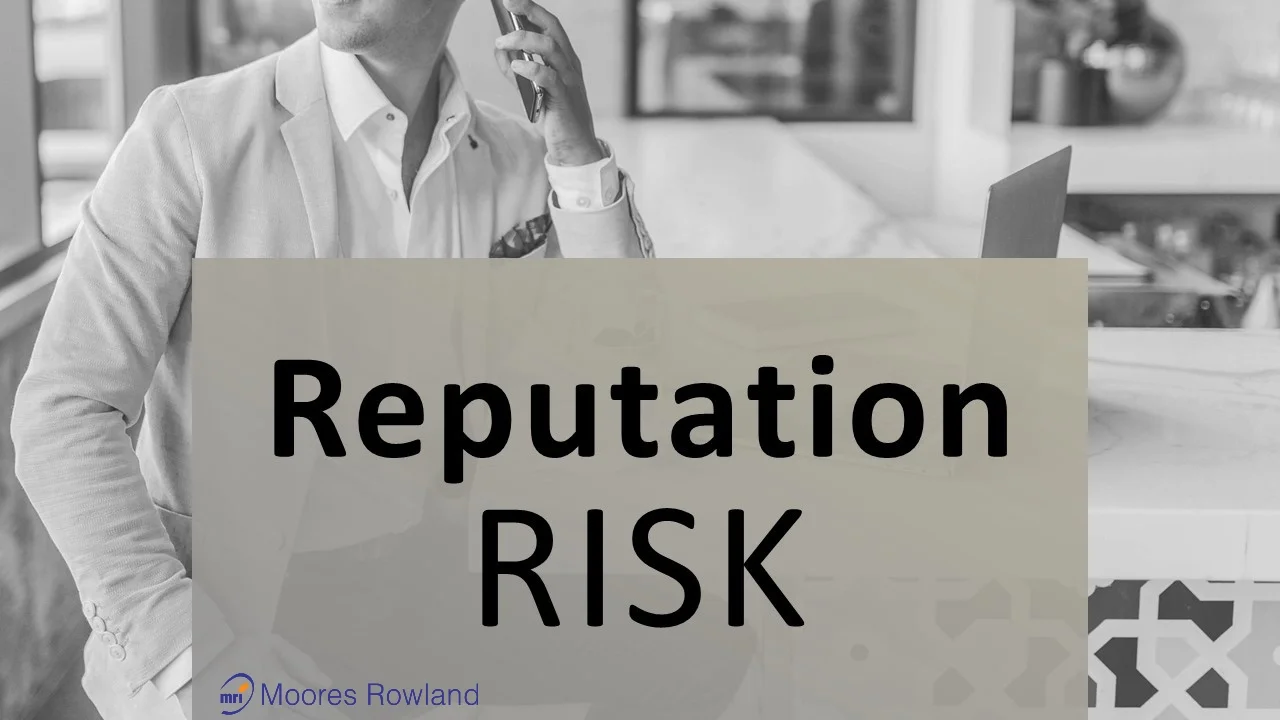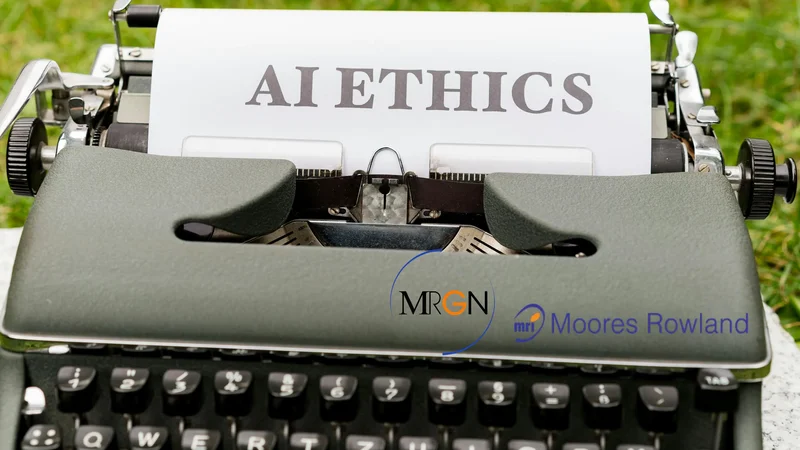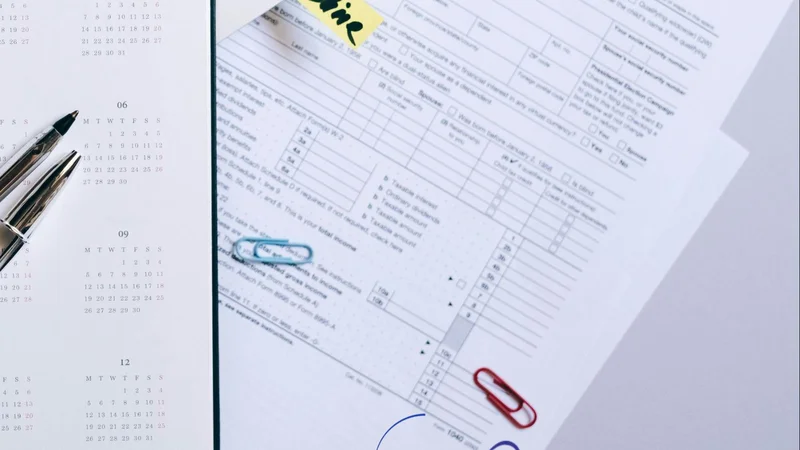Reputation Risk
Reputation risk is a comparative risk theory. Essentially, reputation risks involve comparisons and evaluations of firms and individuals that might influence consumers' decisions to do business with them.
•
July 6, 2022

Reputation risk is a comparative risk theory. Essentially, reputation risks involve comparisons and evaluations of firms and individuals that might influence consumers' decisions to do business with them. Consumers are willing to pay money for information that tends to be good (although not always 100% reliable) and discourage firms from violating consumer trust in reputation-based decisions; accordingly, firms are wary of deviating from what consumers perceive as the proper or fair supply-demand curves.
Reputation risk is a fee that comes with being an independent lender. When you lend money to other people, there is always a chance that the recipient of your loan will use it improperly or steal it from you. The higher the risk, the more expensive the service, and reputation risk should be considered when evaluating whether it's worth taking on a loan with another party. Not only does reputation risk affect how much you pay back but it also affects how well other people perceive your ability to lend money.
There is reputation risk in investing in businesses. Investors may lose money on ventures they don't think are worthy, or their projects may flop because of poor management. To avoid losing money in risky ventures, investors need accurate information about other businesses and their prospects. That's why Market researchers should be hired to gather information in market surveys. These researchers establish credibility by providing objective data and unbiased analysis.
Related

AI Prompt Writing: The Basics for Professional Accountants
From automating routine tasks to supporting advanced analysis and advisory services, AI tools are becoming an everyday reality for professional accountants—especially those working in small- and ...
Read more
The Future of Accounting and Tax: How AI, Automation, and Regulation Are Reshaping the Profession (2025–2026)
Introduction The accounting and tax profession is undergoing one of the most significant transformations in its history. Artificial intelligence, automation, evolving regulatory frameworks, an...
Read more